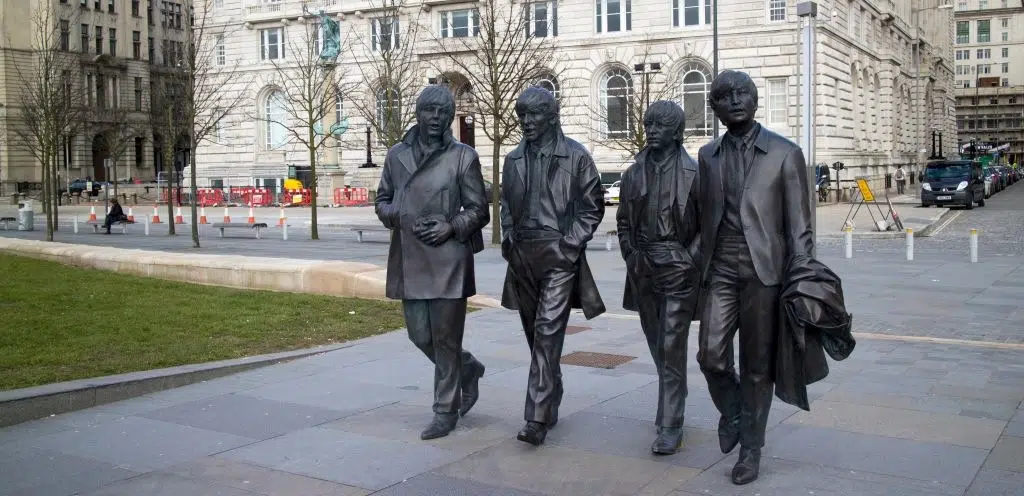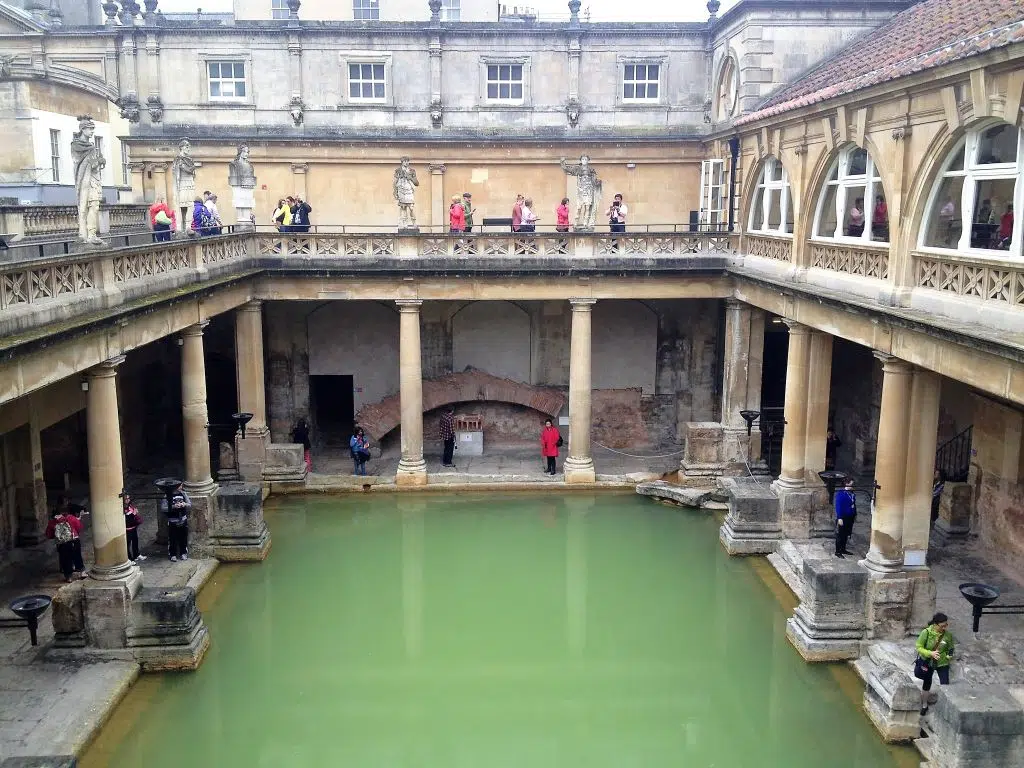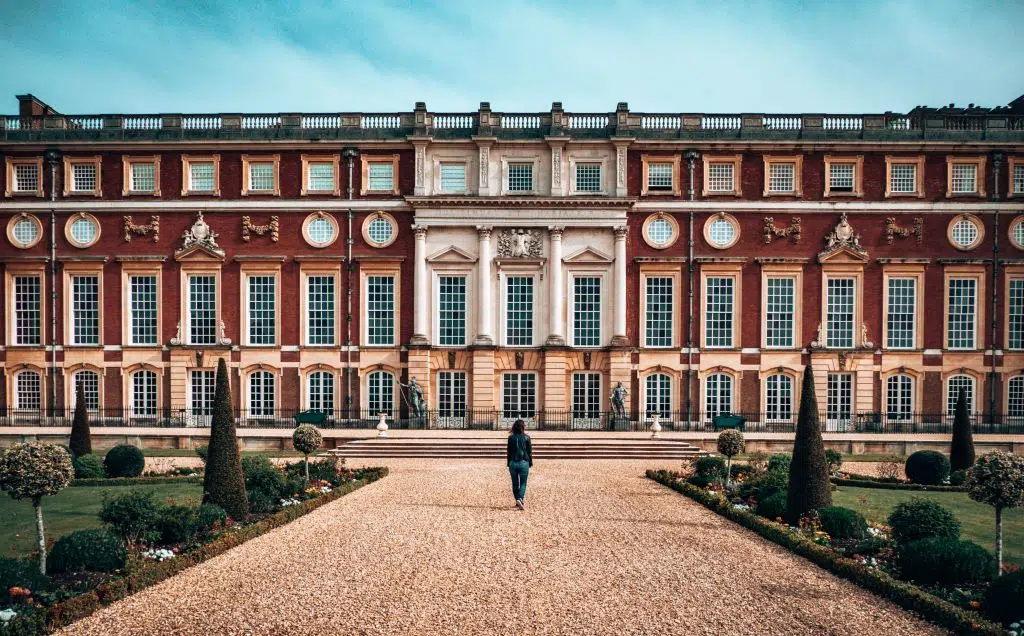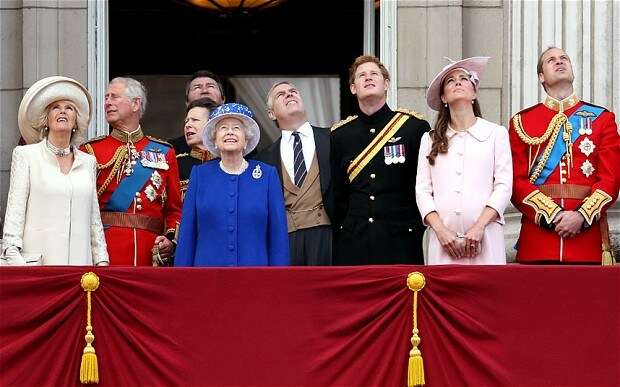Introduction to the United Kingdom
The United Kingdom, located in northwestern Europe, is a country renowned for its rich history, diverse culture, and significant global impact. With a captivating past that stretches back thousands of years, the UK has witnessed the rise and fall of empires, navigated significant political changes, and played a pivotal role in shaping the modern world.
From the early foundations of its formation to the influential British Empire, the United Kingdom’s history has left an indelible mark on various aspects of global society. Additionally, its vibrant cultural heritage, including art, literature, and music, has captivated audiences worldwide. This article explores the fascinating history and cultural tapestry of the United Kingdom, shedding light on its past achievements, present challenges, and future prospects.
Geographical Overview
The United Kingdom, often referred to as the UK, is a sovereign country located off the northwestern coast of mainland Europe. It is made up of four constituent countries: England, Scotland, Wales, and Northern Ireland. The UK boasts diverse landscapes, from rolling hills and lush countryside to bustling cities and rugged coastlines.
Demographic Snapshot
With a population of over 66 million people, the United Kingdom is a melting pot of cultures and ethnicities. Its capital city, London, is one of the most cosmopolitan cities in the world, attracting people from all corners of the globe. The UK has a rich history of immigration, with communities from South Asia, the Caribbean, Africa, and Eastern Europe contributing to its vibrant multicultural society.
Official Languages
English is the official language of the United Kingdom, and it is spoken by the majority of the population. However, the UK also recognizes regional languages such as Welsh in Wales, Scottish Gaelic in Scotland, and Irish Gaelic in Northern Ireland. These languages hold cultural significance and are actively promoted and preserved.
Early History and Formation of the United Kingdom
Prehistoric Settlements
Long before the United Kingdom came into existence, the British Isles were home to ancient civilizations. Evidence of prehistoric settlements, such as Stonehenge, reveals the early human presence in the area. These ancient sites continue to fascinate and intrigue historians and visitors alike.
Roman Occupation and Influence
The Romans arrived in Britain in 43 AD and established a significant presence that lasted for several centuries. They introduced advanced infrastructure, including roads and baths, and left a lasting imprint on the country’s culture and language. Roman influence can still be seen in the remnants of ancient Roman walls and ruins.
Anglo-Saxon Kingdoms and the Viking Invasions
After the Romans withdrew from Britain, the island saw the rise of various Anglo-Saxon kingdoms. This period was marked by Viking invasions from Scandinavia, shaping the landscape of the British Isles. The influence of these Norse warriors can be seen in place names and historical records.
Norman Conquest and the Middle Ages
In 1066, the Norman Conquest, led by William the Conqueror, saw the introduction of Norman rule to England. This event had a profound impact on the English language and culture. The Middle Ages brought about the construction of magnificent castles, the signing of the Magna Carta, and the devastating Black Death.
The British Empire and its Influence
Expansion and Colonization
During the Age of Exploration, the United Kingdom established a vast global empire. Through colonization and trade, the British Empire spanned continents and influenced cultures worldwide. Its colonies played a significant role in shaping the history and culture of both the UK and the countries under its dominion.
The Industrial Revolution and British Power
The Industrial Revolution, which began in the UK in the late 18th century, transformed the nation into a global powerhouse. The invention of new machinery and the growth of industries catapulted Britain to the forefront of technological advancements. This period of industrialization had a profound impact on society, leading to urbanization and socioeconomic changes.
Impact on Global Politics and Economy
The British Empire’s influence helped shape the geopolitical landscape of the modern world. Its economic power and strategic interests had far-reaching consequences. The legacy of the empire is still evident in various countries’ legal systems, educational institutions, and cultural practices. However, it is important to acknowledge the complex and controversial nature of colonial history.
Monarchy and the British Royal Family
Historical Role and Evolution of Monarchy
The United Kingdom has a long-standing tradition of monarchy, with a history that stretches back centuries. The monarchy has evolved over time, transitioning from absolute rule to constitutional monarchy. The British royal family has been an integral part of the country’s identity and is emblematic of its rich cultural heritage.
The British Royal Family Today
Today, the British royal family continues to captivate the public’s imagination. Led by Queen Elizabeth II, the longest-reigning monarch in British history, the royal family plays a ceremonial and symbolic role in the modern governance of the UK. Their weddings, births, and public appearances often make headlines, and they are regarded as ambassadors for the nation.
Political System and Governance in the United Kingdom
Constitutional Monarchy and Parliamentary Democracy
In the United Kingdom, the political system is a unique blend of a constitutional monarchy and a parliamentary democracy. What does that mean? Well, it means they have a queen or king who reigns over the country, but the real power lies with the elected representatives in Parliament. It’s like having the royal icing on top of a democratic cake.
The Prime Minister and Cabinet
The Prime Minister is the head honcho of the UK’s government. They’re like the captain of a rowdy political boat, steering the country through turbulent waters. The Prime Minister is chosen by the political party that has the most seats in the House of Commons, and they get to assemble a group of cabinet ministers to assist them in making important decisions. It’s a bit like having a team of advisors, except no one wears matching suits.
Devolution and Regional Assemblies
The United Kingdom isn’t just a one-size-fits-all country. In recent years, there has been a movement toward devolution, which means that certain powers and decision-making authority have been passed down to regional assemblies. Basically, it’s like giving a portion of the political pie to the different parts of the UK, so everyone gets a taste of self-governance.
Cultural Heritage and Traditions
British Festivals and Celebrations
The United Kingdom knows how to throw a good party, and they have a whole calendar full of festivals and celebrations to prove it. From the grandeur of the Changing of the Guard at Buckingham Palace to the revelry of Guy Fawkes Night, there’s always something to celebrate. It’s like a never-ending dance party with tea and crumpets.
Cuisine and Traditional British Dishes
British cuisine might not have the best reputation, but there are some traditional dishes that are worth a try. Fish and chips, anyone? Or how about a comforting bowl of bangers and mash? And let’s not forget about the classic English breakfast, complete with beans and black pudding. It’s like a culinary adventure with extra carbs.
Sports and Pastimes in the United Kingdom
When it comes to sports, the United Kingdom takes the game very seriously. From football to cricket, rugby to tennis, there’s always a match to watch or a game to play. And let’s not forget about the beloved tradition of pub quizzes, where everyone gathers in their local watering hole to test their knowledge and have a laugh. It’s like a nation of armchair athletes and trivia masters.
Art, Literature, and Music in the United Kingdom
British Artistic Movements and Renowned Artists
The United Kingdom has a rich artistic heritage with movements like the Romantic era, the Pre-Raphaelite Brotherhood, and the Pop Art movement. And of course, they have produced some renowned artists like J.M.W. Turner, David Hockney, and Banksy. It’s like a cultural kaleidoscope with paintbrushes.
Literary Giants and British Literature
When it comes to literature, the United Kingdom has given the world some literary giants. From William Shakespeare to Jane Austen, Charles Dickens to J.K. Rowling, their literary contributions are nothing short of extraordinary. It’s like a library full of wizards, love stories, and pip-pip cheerio.
Musical Heritage and Contributions
The United Kingdom has a musical heritage that’s hard to beat. From the Beatles to Adele, the Rolling Stones to Ed Sheeran, their melodies have echoed around the world. And let’s not forget about iconic bands like Queen and The Clash, who have left an indelible mark on the music scene. It’s like a never-ending concert with a side of rock ‘n’ roll.
Modern Challenges and the Future of the United Kingdom
Brexit and its Impact
Ah, Brexit. The topic that evokes both passion and confusion. The United Kingdom’s decision to leave the European Union has had far-reaching consequences, from political divisions to economic uncertainties. The future is still uncertain, but one thing’s for sure – there’s never a dull moment in British politics.
Cultural Integration and Diversity
The United Kingdom is a melting pot of cultures and backgrounds. From the vibrant streets of London to the quaint villages of Scotland, diversity is celebrated. However, like any country, there are challenges in fostering cultural integration and understanding. It’s like a puzzle – sometimes the pieces fit together perfectly, and sometimes you need to rearrange them a bit.
Socioeconomic Challenges and Political Reforms
The United Kingdom, like many other countries, faces socioeconomic challenges that require political reforms. Issues such as income inequality, affordable housing, and healthcare are hot topics in the national conversation. It’s like a game of political Jenga – finding the delicate balance between progress and stability.
So, there you have it – a whirlwind tour of the United Kingdom’s history, culture, and challenges. From the quirky political system to the vibrant traditions, this island nation never fails to surprise and captivate. Whether you’re sipping tea, cheering on your favorite football team, or exploring the literary wonders, there’s always something fascinating to discover in this land of castles, crumpets, and creativity. Cheers, mates!In conclusion, the United Kingdom’s history and culture are undeniably captivating and influential.
From its ancient roots to its modern challenges, the UK has managed to maintain a delicate balance between preserving its traditions and embracing change. Its remarkable journey, marked by the rise and fall of empires, the evolution of governance, and the enduring cultural contributions, has shaped the nation into what it is today. As the United Kingdom moves forward, it continues to navigate the complexities of a changing world while cherishing its remarkable heritage, ensuring that its history and culture remain part of its identity for generations to come.
FAQ
1. What is the significance of the British Empire?
The British Empire was one of the largest and most influential empires in history. It played a pivotal role in shaping global politics, economy, and culture. The empire’s vast territories and colonies spanned continents, and its impact can still be seen today in areas such as language, legal systems, and infrastructure.
2. How has the United Kingdom’s political system evolved over time?
The United Kingdom’s political system has evolved from an absolute monarchy to a constitutional monarchy and parliamentary democracy. The Magna Carta in 1215 was a crucial milestone in limiting the monarch’s power and establishing fundamental rights. Over the centuries, the UK transitioned into a democratic system with a monarch as the symbolic head of state, alongside a Parliament that holds legislative power.
3. What are some famous cultural landmarks in the United Kingdom?
The United Kingdom boasts numerous iconic cultural landmarks, including the Tower of London, Stonehenge, Buckingham Palace, the British Museum, and the West End Theater District in London. Other notable landmarks include Edinburgh Castle in Scotland, the Giant’s Causeway in Northern Ireland, and Cardiff Castle in Wales.
4. How has Brexit impacted the United Kingdom?
Brexit, the UK’s decision to leave the European Union, has had significant implications for the nation. It has triggered debates about sovereignty, trade agreements, immigration policies, and the future relationship between the UK and the EU. Brexit has also raised questions about the unity of the United Kingdom, particularly concerning Scotland’s desire for independence.




